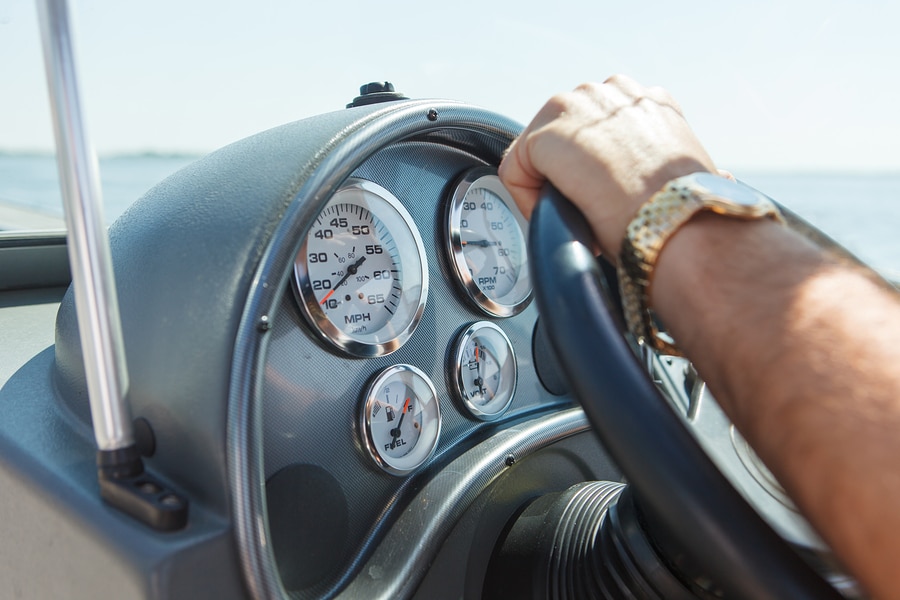You motor up to the pump and hop out and grab the cooler. While the Northshore Marina employees fill up the tank, you fill up on ice, soda, munchies – and a conservative amount of beer since you’re driving the boat.
The attendant recommends a fuel stabilizer with this fill-up, and you’re wondering if it’s worth getting cheaper gas and saving a few bucks.
Cheaper gas usually works just fine in your car – how different can it be in your boat engine?
We’re so glad you asked… Buckle up and prepare for a crash course on fuel!
The difference between 93 and 89 isn’t the number 4
When you’re looking at fuel, it’s not just about the iso-octane you’re pumping into your engines – it’s n-heptane. The components of your fuel are the basis for the detonation/burn ratio and ability of your engine to handle the combustion – and its effects. The higher the octane rating, the higher percentage iso-octane in the fuel, which means a smoother burn. It’s important to note that while the higher octane will not give you more standard performance than your engine is designed to give, the lower octane will reduce the expected peak performance of your engine. Bottom line: by going cheap you’re robbing your boat and yourself.
To Ethanol or not to Ethanol
Ask a hundred mechanics and get a hundred different answers. Regardless, the bottom line is the same; ethanol is here to stay. But just like your pre-late model small engines have some difficulty running well with ethanol, so will your boat. No worries, mate – the boat and engine manufacturers know Ethanol is here to stay, and are making tweaks to their engine building, as well as recommending fuel stabilizers without having a fit about the warranty. It’s obviously best to avoid the ethanol altogether whenever you possibly can but since that’s not always an option, make sure to talk to your mechanic about the best stabilizer to run for the season you’re in.
Stabilize This
Fuel additives used to get a bad rap, sort of along the lines of a modern day snake oil.
So lets start at the beginning, with what a fuel stabilizer is. Have you ever had gasoline that’s dark or opened a gas can and it smells funny? Or, in extreme cases, the gasoline turns into varnish? Well, that’s caused by a chemical reaction that’s destabilizing the fuel. Just like with your beer, light, heat, and oxygen (think leaving the cap off) all adversely affect your fuel.
So, no fuel stabilizer can fix gas that’s gone to the dark side. What a fuel stabilizer does do is prevent that bad stuff from happening in the first place, especially when left sitting (or floating) for extended periods of time.
Bottom line
Fueling your boat is not as simple as pumping in whatever is cheap and available, and hoping for the best; its understanding your engine and it’s needs. At Northshore Marina, our guys are equipped with the right know-how to keep you going strong all summer long.
Original Source: http://northshoremarinahollows.com/boat-storage-maintenance/use-premium-fuel-boat/


